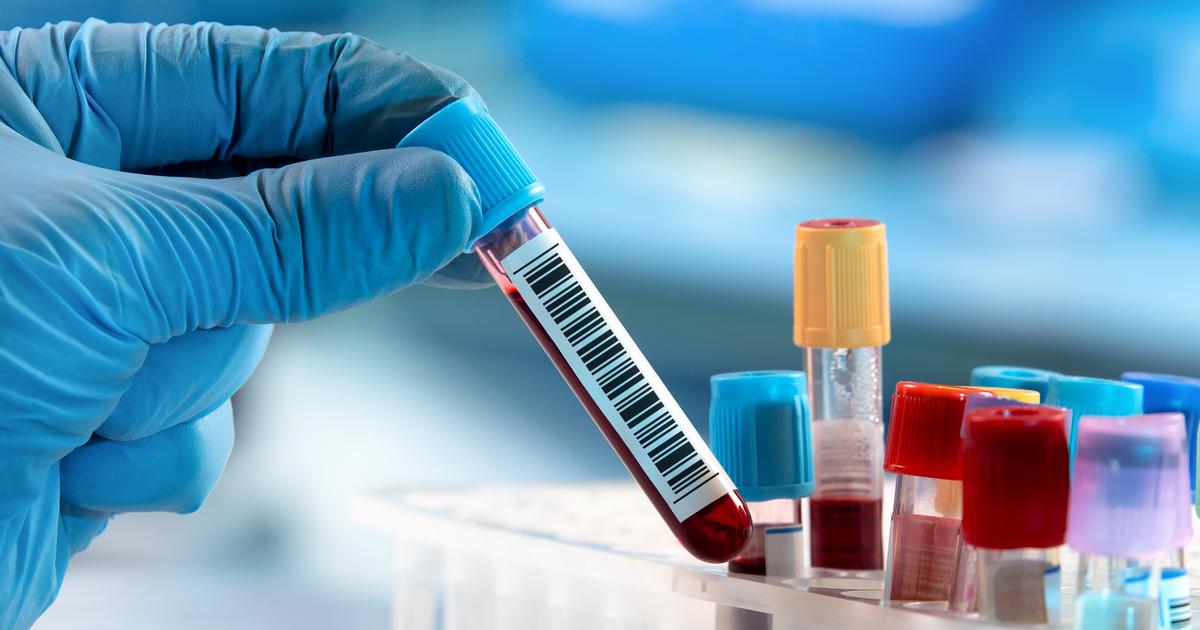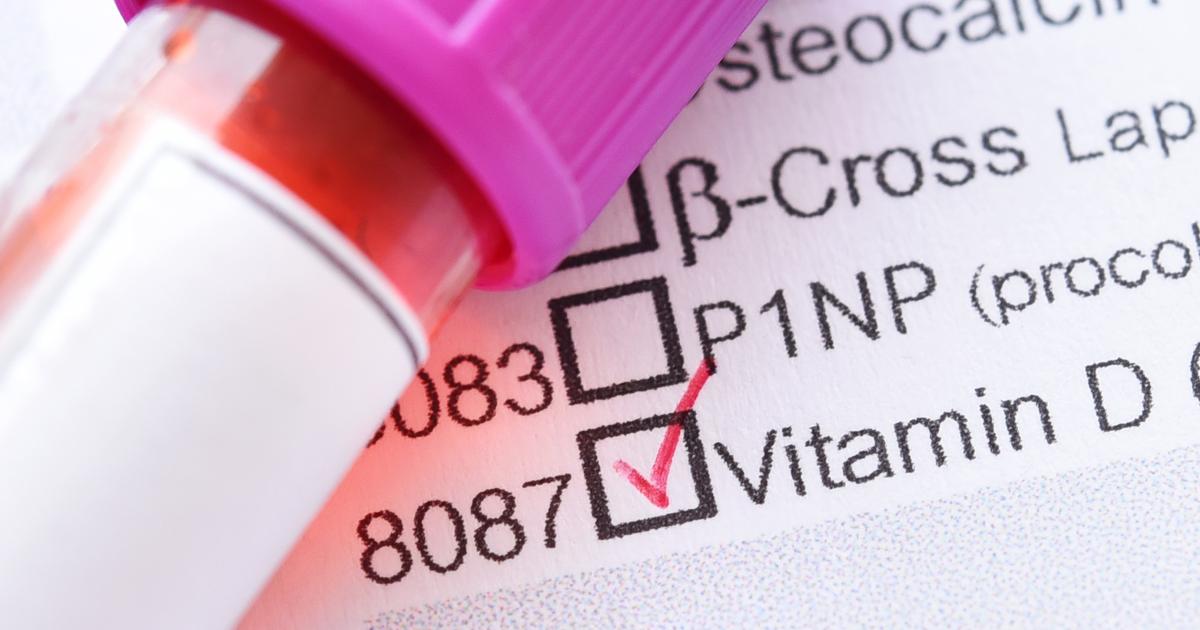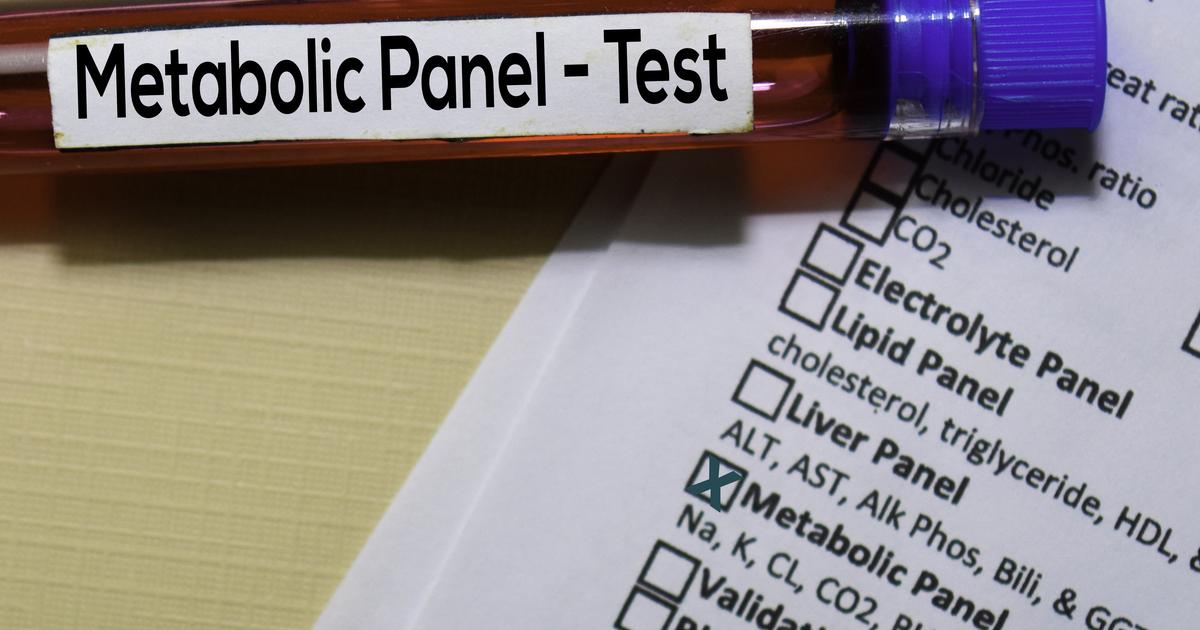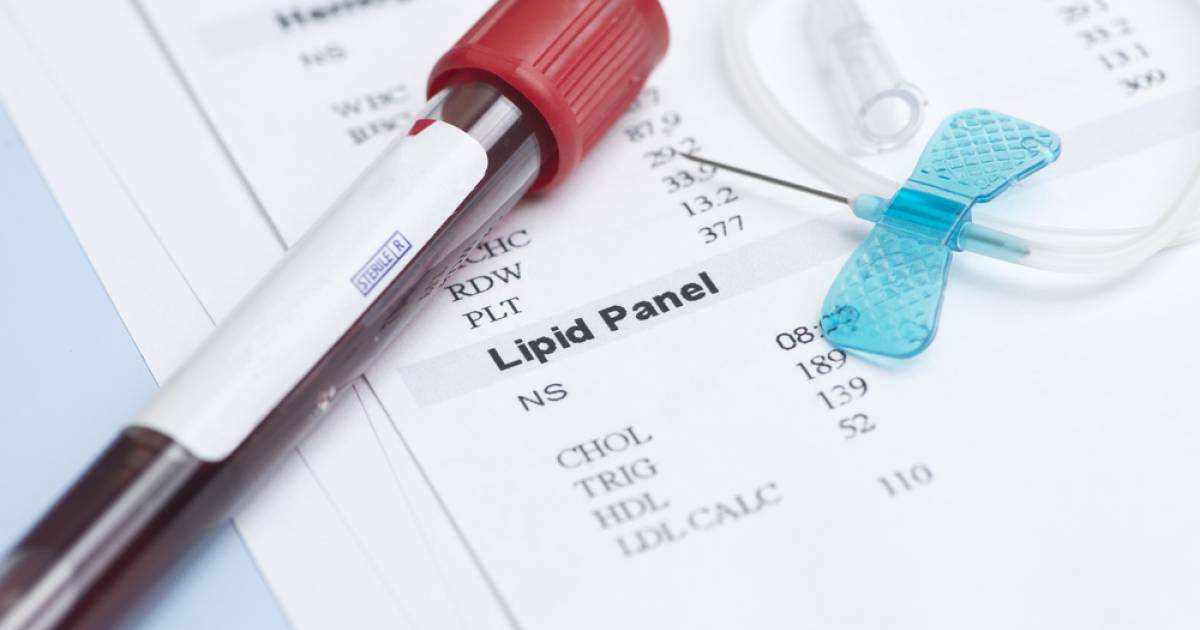Guide To Common Blood Tests
Blood tests are performed to measure the levels of certain substances in the blood and detect disease. Usually performed by a nurse or a phlebotomist, the tests involve taking a sample of blood from the patient. The entire procedure takes around three minutes to complete. After cleaning the skin, the technician places a needle into a vein in the patient's arm or hand to withdraw the sample. Certain blood tests can also be completed using a fingerstick method. The sample is analyzed by a laboratory, and the patient is typically informed of the results within a week. Some patients find blood tests cause discomfort, so to make the procedure more comfortable, they may wish to request a prescription for a topical numbing cream that can be applied to the skin a few hours before the test. Using cold spray or vibrating devices might help minimize pain from the procedure too. Blood tests are carried out as part of routine checkups, and patients may also need to have them before undergoing surgery. The tests are an especially important part of the medical treatment provided in emergency settings.
The blood tests described below form part of the routine care patients receive at checkups and clinic appointments.
Complete Blood Count

A complete blood count measures the patient's levels of ten different parts that make up whole blood, including the white blood cells, red blood cells, platelets, hemoglobin, and hematocrit. Complete blood counts are used to check if the body is making a healthy number of each of these cells, and they can help doctors check for dehydration, infection, internal bleeding, and blood clotting issues. This type of blood test is also used to detect nutritional deficiencies, including deficiencies in iron and B vitamins. The results can assist doctors in evaluating the patient for potential bone marrow problems, heart conditions, and cancers. If abnormalities are discovered, patients may need to have additional blood tests or imaging studies to determine the underlying cause.
Get more information on the most common blood tests now.
Tests For Vitamin Levels

Blood tests for vitamin levels may be ordered as part of a routine physical examination or for patients exhibiting symptoms such as fatigue. For example, many patients now have their vitamin D levels checked as part of the bloodwork ordered during annual checkups. Tests for vitamin levels are done with a blood sample taken from a vein. If the results show the patient is low in a particular vitamin, physicians will normally prescribe high-dose supplements for a few weeks or months, and the patient will be given another blood test after that time to check whether their levels are within the normal range. In cases where vitamin levels are extremely low, doctors may give a series of vitamin injections; this is especially common in the case of vitamin B deficiencies.
Learn more about the most common blood tests now.
Basic Metabolic Panel

Doctors typically order a basic metabolic panel to check for conditions such as hormonal imbalances, kidney disease, diabetes, and lung issues. Patients having this blood test will need to fast for at least eight hours before their appointment. The basic metabolic panel measures a patient's levels of calcium, glucose, sodium, potassium, and electrolytes. It also checks for the amount of carbon dioxide, chloride, blood urea nitrogen, and creatinine. High levels of blood urea nitrogen (BUN) could indicate kidney failure or congestive heart failure, and low levels might be signs of insufficient dietary protein or liver issues. High creatinine levels could be potential indicators of preeclampsia or diseases that affect the muscles, and abnormally low levels may be indicative of muscular dystrophy. Patients following a low protein diet typically display low albumin readings, and these might also occur as a result of recent bariatric surgery. High calcium levels are associated with cancer, and low calcium could signal issues with the pancreas. Low sodium measurements from a basic metabolic panel are often caused by dehydration or vomiting, and they might also be present in cases of Addison's disease.
If abnormalities are found on a basic metabolic panel, doctors will normally order a complete (comprehensive) metabolic panel and other tests to determine the underlying cause. A comprehensive metabolic panel can provide more information about any potential liver issues a patient might be experiencing. Patients who have endocrine disorders may need to have metabolic panels performed fairly regularly to monitor their condition.
Continue reading to reveal more details about the most common blood tests now.
Thyroid Panel

Also known as a thyroid function test, a thyroid panel helps doctors understand how well a patient's thyroid is manufacturing and responding to particular hormones. The thyroid is a gland in the neck involved in the regulation of metabolism, mood, and energy. This test is often ordered if a patient is experiencing symptoms that could indicate a thyroid issue, including weight gain, fatigue, mood swings, and feeling cold. Levels of triiodothyronine (T3), thyroxine (T4), T3 resin uptake (RU), and thyroid-stimulating hormone (TSH) are all measured as part of a thyroid panel. T3 and T4 regulate body temperature, heart rate, metabolism, and growth, and thyroid-stimulating hormone controls the quantities of hormones released by the thyroid. T3 resin uptake is a measure of how well a hormone known as thyroxine-binding globulin is performing. Thyroid panel results outside of the normal range could indicate a patient has a thyroid growth disorder or low protein. They might also have abnormal levels of testosterone or estrogen. Patients who have abnormal results on a thyroid test are typically referred for a thyroid uptake test and an ultrasound of the thyroid gland. Issues involving an overactive or underactive thyroid can normally be treated with medication.
Read about the next most common blood test now.
Lipid Panel

A lipid panel is performed to measure a patient's cholesterol. Specifically, the test measures high-density lipoprotein ('good') and low-density lipoprotein ('bad') cholesterol. This test is ordered as part of annual checkups, and patients who take medication to treat high cholesterol have it performed periodically to monitor the effectiveness of their medication. Individuals having a lipid panel performed will need to fast for at least eight hours before the test. Normal levels of high-density lipoprotein are less than sixty mg/dL, and normal values for low-density lipoprotein are less than 160mg/dL. Doctors use the results from lipid panels to guide their treatment recommendations. For example, patients with mildly elevated lipids might be encouraged to try dietary changes, and they may also be prescribed a statin. Patients with severely elevated levels may need to take multiple medications to keep their cholesterol under control.